From La Masia to the Captain's Armband
Born on July 16, 1988, in Sabadell, Sergio Busquets grew up with a footballing pedigree – his father, Carlos, guarded Barcelona’s net in the 80s. The youngster entered the famous La Masia academy, climbing through Jàbac and the U19 ranks before a brief spell with Barcelona B in 2007‑08. The 20‑year‑old finally broke into Pep Guardiola’s first‑team side in 2008 and never looked back.
Busquets’ style was never about flash. Coaches and teammates praised his calm, almost invisible influence: he positioned himself where the ball was going to be, broke opposition attacks with surgical interceptions, and recycled possession with razor‑sharp passing. Those traits earned him a spot alongside Xavi and Iniesta as the pivot of one of football’s most admired midfield trios.
When Lionel Messi left for Paris Saint‑Germain in August 2021, the club handed the captain’s armband to Busquets. It was a symbolic passing of the torch – the veteran’s leadership, professionalism and understanding of Barcelona’s possession philosophy made him the obvious choice.
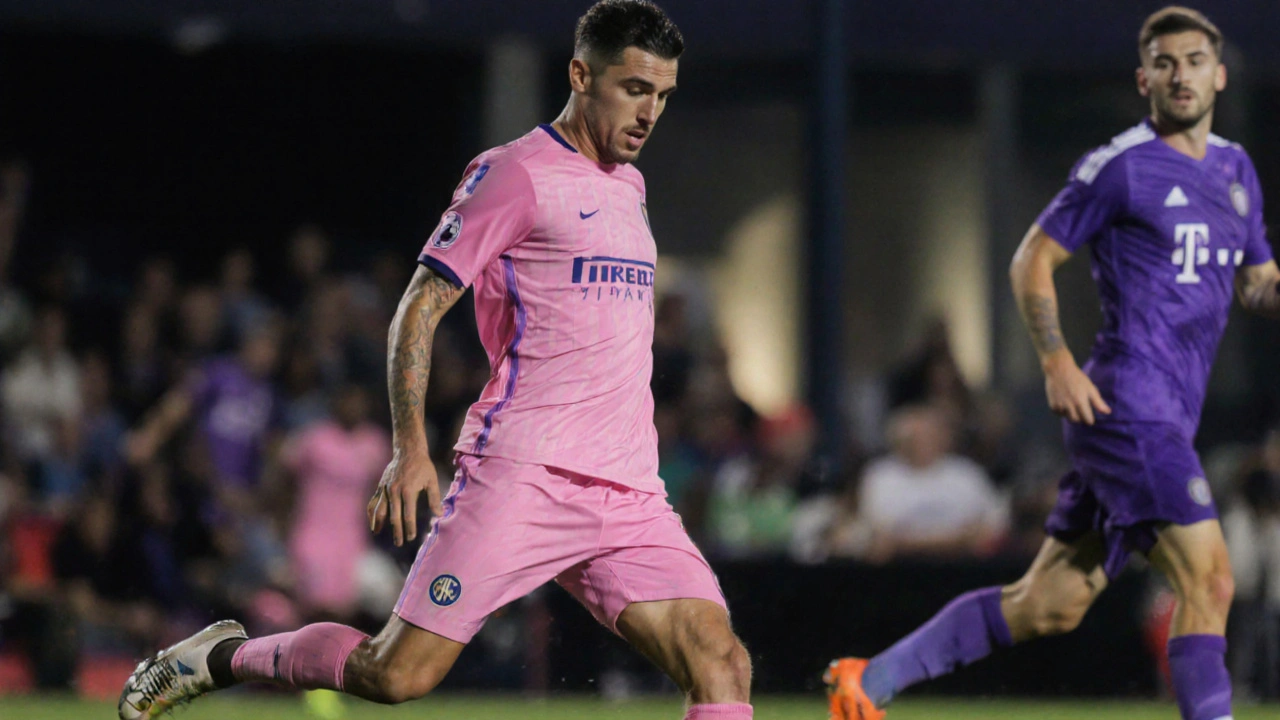
Records, Trophies and the Next Chapter
Across 16 seasons, Busquets chalked up an eye‑watering 785 official matches, placing him among the most‑capped players in the club’s history. He crossed the 600‑appearance mark in January 2021 during a 4‑0 win over Granada, joining an elite trio that includes Xavi, Iniesta and Messi. A year later, his 700th game came in a Supercopa semi‑final shootout against Real Betis, a match that ended with a trophy in the cabinet.
His trophy haul reads like a modern football fairy‑tale: nine La Liga crowns, seven Copa del Rey titles, seven Spanish Super Cups, three UEFA Champions League medals, three European Super Cups and three FIFA Club World Cups. Regional honors – two Catalonia Cups and a Catalan Super Cup – round out a collection that underscores his commitment to both club and community.
Busquets also left his mark on the biggest stage in Spanish football. By the end of the 2023 Supercopa final, he had matched Lionel Messi and Sergio Ramos with 45 El Clásico appearances and tied Paco Gento with 21 victories. A week later, a 1‑0 Copa del Rey semi‑final win cemented his lead in both categories.
Internationally, he was a cornerstone of Spain’s golden era. Starting every minute of the 2010 World Cup final in South Africa, he helped the nation claim its first global title. Two years later, he was integral to the Euro 2012 triumph, solidifying Spain’s reputation as the world’s most stylish side.
Individual accolades recognized his impact: Bravo Trophy (2008‑09), La Liga Revelation Player (2008‑09), Euro 2012 Team of the Tournament, Gold Medal of Sports Merit (2011) and the Prince of Asturias Sports Award (2010) – all shared with his national teammates.
When he finally hung up his Barcelona jersey in May 2023, the town of Badia del Vallès honored him by renaming its municipal stadium the Campo Municipal Sergio Busquets. The next stop in his journey was Major League Soccer’s Inter Miami, where his experience now aids a growing league and a new generation of fans.
Busquets may have scored just 21 goals for Barcelona, but his legacy isn’t measured in numbers on the scoresheet. It lives in the way he controlled tempo, shielded the defence and made complex football look effortless – a true “genius of simplicity” whose influence will be felt long after his boots are retired.
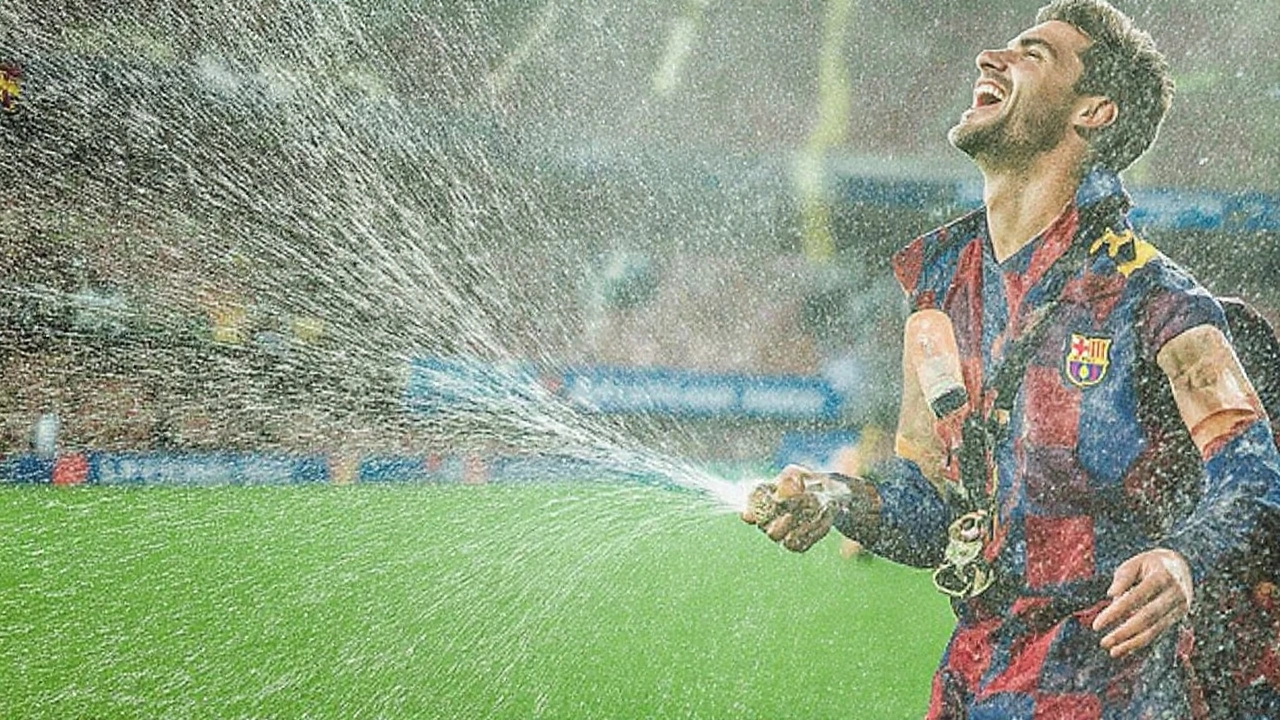
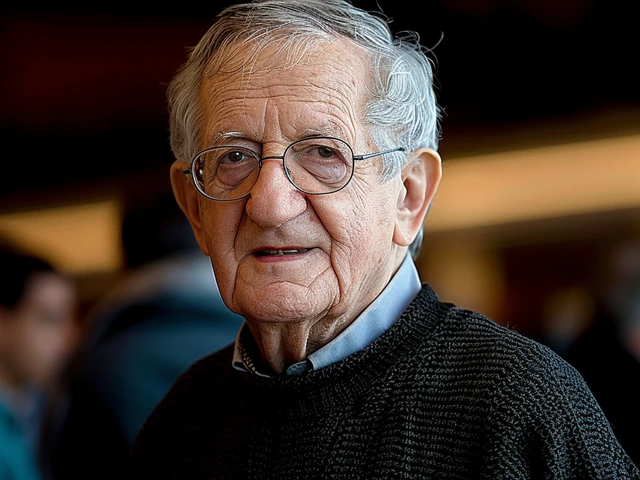
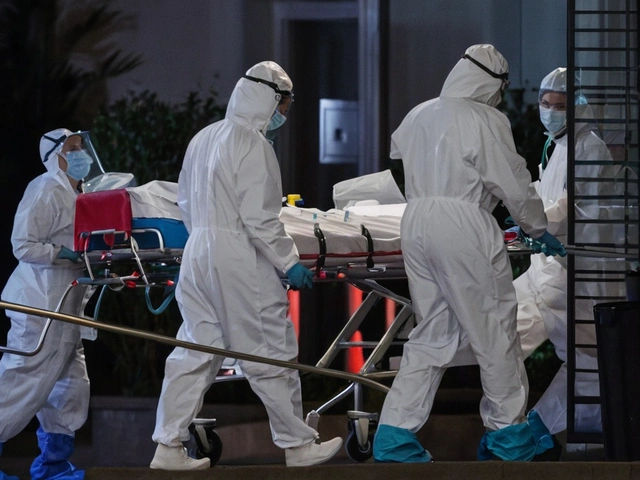

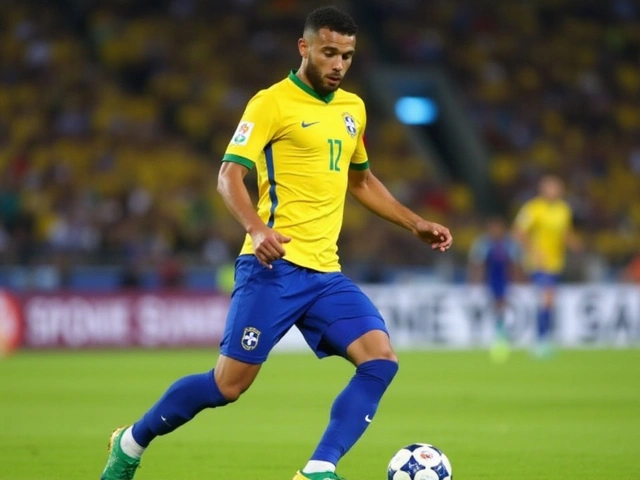
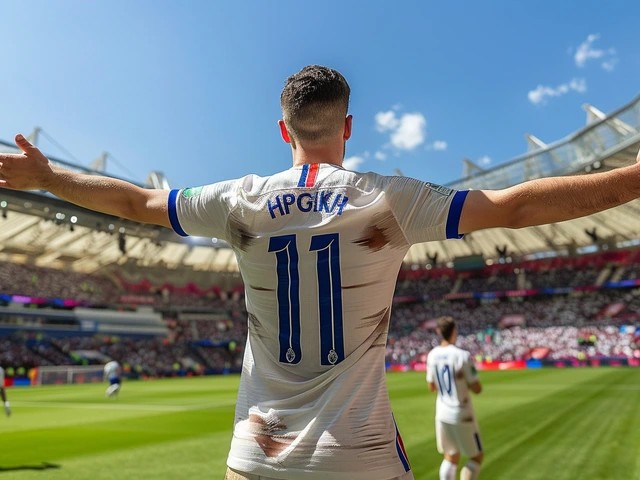
7 Comments
fatima almarri
September 27, 2025 AT 22:32 PMi just watched that 2010 world cup final again... busquets was so quiet but he was everywhere. like, no flashy tackles, no screams, just... perfect positioning. how does someone be that calm under pressure? i wish i had half his focus in my job.
also, the way he’d just nod to xavi and then the ball was already in iniesta’s path? magic. not the kind you see on tiktok, the real kind.
deepika singh
September 29, 2025 AT 10:29 AMOMG I’M CRYING RN 😭 he didn’t need goals to be a legend - he was the heartbeat. like, imagine a chef who never plated the dish but made sure every ingredient was perfectly timed. that’s busquets.
and the way he’d just *glide* through midfield like he was walking through a quiet park? pure poetry. barca didn’t just lose a player - they lost their silent conductor.
amar nath
September 29, 2025 AT 10:31 AMbro he was like the indian chai of football - no sugar, no spice, just pure warmth that holds everything together. i mean, people talk about messi like he was god, but without busquets, messi’s passes would’ve been intercepted 3x faster.
and the way he’d just stand there like ‘i got this’ while 4 guys chased the ball? genius. also, he’s the only player i’ve seen who made ‘standing still’ look like an art form.
Pragya Jain
September 30, 2025 AT 13:19 PMwhy are we even talking about this? india has players who’ve played 500+ matches for their clubs and no one cares. busquets got a stadium named after him for playing in europe? what about our i-league legends? this is pure eurocentric bias. we don’t need to worship foreign players like they’re saints.
Shruthi S
September 30, 2025 AT 19:26 PMi just wanna say thank you for being so quiet and so strong 💙
Neha Jayaraj Jayaraj
September 30, 2025 AT 23:44 PMokay but did you know he once slept through his own jersey presentation because he was so tired from training? 😂
and then he woke up, put on the jersey, and won the clásico 2-1. that’s the level of chill we need in life. also, he’s the only person who made ‘holding the ball for 8 seconds’ look like a masterclass. 🤯 #busquetsvibes
Disha Thakkar
October 1, 2025 AT 04:28 AMLet’s be honest - this is just performative nostalgia. Busquets was a glorified sweeper in a system built by Guardiola’s tactical dogma. His ‘genius’ only existed because Messi, Xavi, and Iniesta created space for him to exist.
And the ‘genius of simplicity’? That’s just lazy journalism. He didn’t create anything - he redistributed. A positional player is not a visionary.
Also, naming a stadium after him in a small town? Cute. But let’s not pretend he’s on the same level as Maradona or Cruyff. The media has turned him into a saint because he’s polite and doesn’t tweet nonsense.
And now he’s in MLS? How poetic. The ultimate symbol of football’s commodification - the quiet genius now peddling the sport to Americans who still think ‘offside’ is a type of salad.